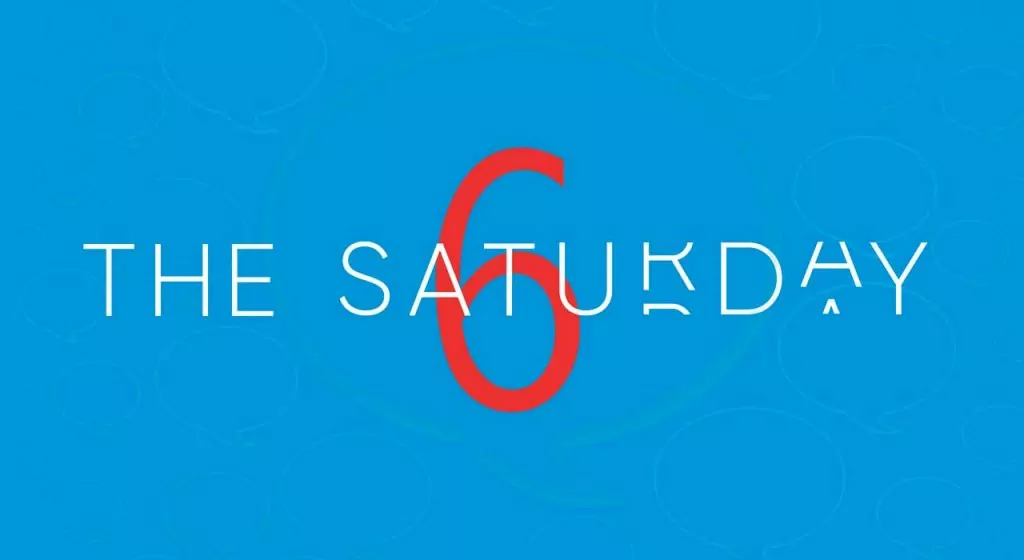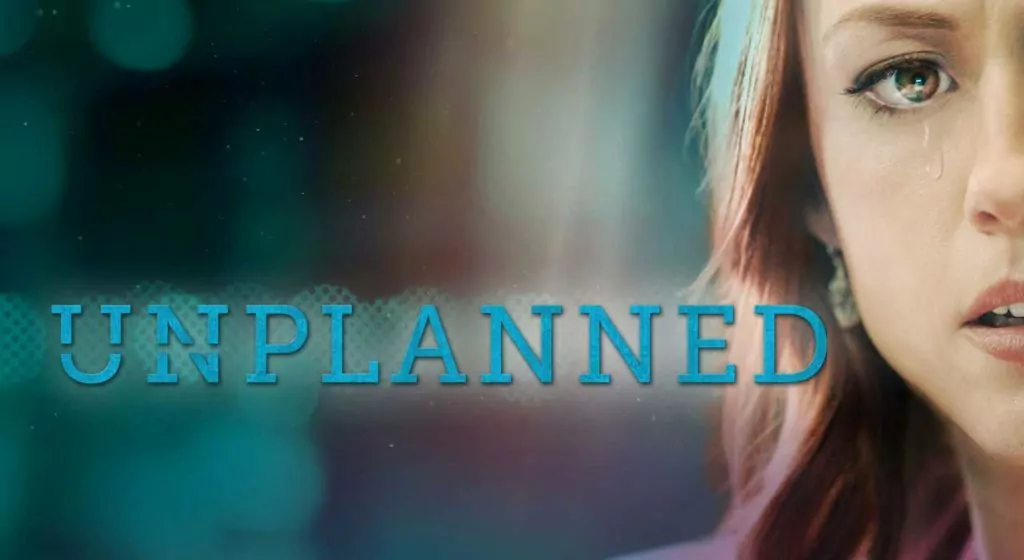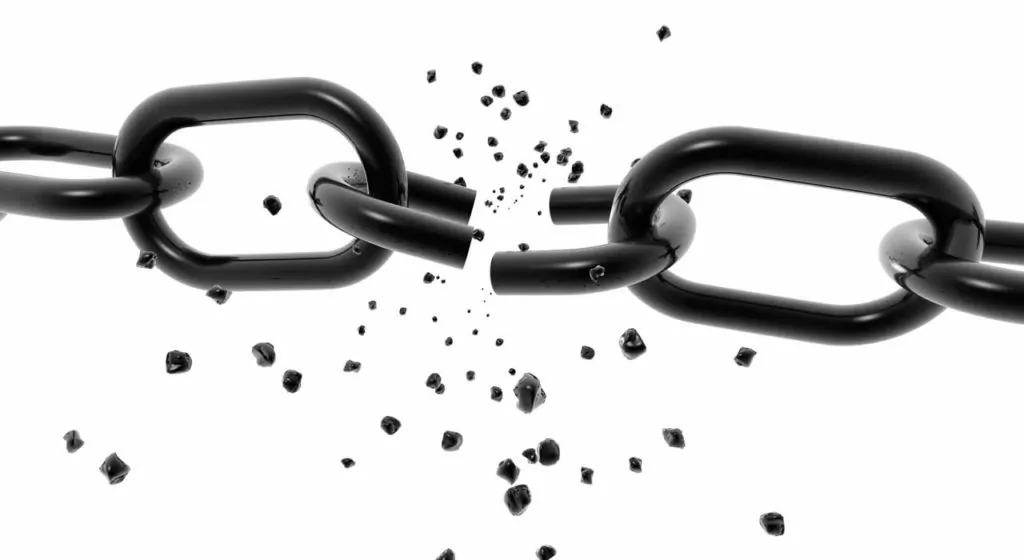Donald Trump, the pro-life rabble-rouser?
In April the president of the United States made headlines for a movie he didn’t watch, and didn’t comment on. So what was all the fuss about? He let an “anti-abortion” film be shown in his home.
In the days leading up to the April 12 screening, mainstream media on both sides of the Atlantic let their readership know that Gosnell, was going to be shown at the White House. Gosnell is the true-life story of Kermit Gosnell, a Philadelphia abortionist who in 2013 was found guilty of three counts of first-degree murder for babies he killed after they were born.
At the time both the prosecutor and the mainstream media emphasized that the case wasn’t about abortion, but about the murder of born babies. But what makes the film a powerful pro-life argument is the defense offered by Gosnell’s attorney: he argued that what Gosnell did to these babies after birth was not significantly different from what other abortionists were, with the law’s blessing, doing to babies before birth. It wasn’t enough to get his client off, but the argument is sound, and for any of the undecided in the viewing audience his reasoning could be convicting.
President Trump didn’t watch the film, but in the lead-up to the screening he received a lot of criticism. So why did he let Gosnell be shown in the White House? The cynic might say this was a mostly-pain-free way to appease his Christian base – it excited them, and even though it got widespread negative coverage in the mainstream media, that negative coverage was over quite quickly.
But there is another plausible explanation: maybe the former pro-choice Democrat has taken a genuine pro-life turn. If so, then this screening was the president making the deliberate choice to take some heat so an important film could get some much-needed publicity.
To bolster that case, consider two other examples of presidential pro-life agitation from earlier this year. In January he once again spoke, via video, to the tens of thousands attending the Washington DC March for Life. Then in February, in his State of the Union address, he responded pointedly to a just-passed New York abortion bill. He told the millions watching:
There could be no greater contrast to the beautiful image of a mother holding her infant child than the chilling displays our Nation saw in recent days. Lawmakers in New York cheered with delight upon the passage of legislation that would allow a baby to be ripped from the mother’s womb moments from birth. These are living, feeling, beautiful babies who will never get the chance to share their love and dreams with the world. And then, we had the case of the Governor of Virginia where he stated he would execute a baby after birth.
To defend the dignity of every person, I am asking the Congress to pass legislation to prohibit the late-term abortion of children who can feel pain in the mother’s womb. Let us work together to build a culture that cherishes innocent life. And let us reaffirm a fundamental truth: all children — born and unborn — are made in the holy image of God.
This last line is remarkable – it gets at the very core of where our value comes from, and why our worth doesn’t differ, no matter our size, location, or level of development. Our worth doesn’t come from what we can do, but from in Whose Image we are made. Though this is the issue in the abortion debate, it’s almost never heard.
We’re all very aware of this president’s faults, so it is not his body of work we are praising here. And we don’t even need to be convinced Trump is sincerely pro-life to see how his provocative, courageous, and sometimes downright insightful advocacy for the unborn is an example well worth imitating. He is loud. May we be so too.
Check out our review of Gosnell here.
...
















